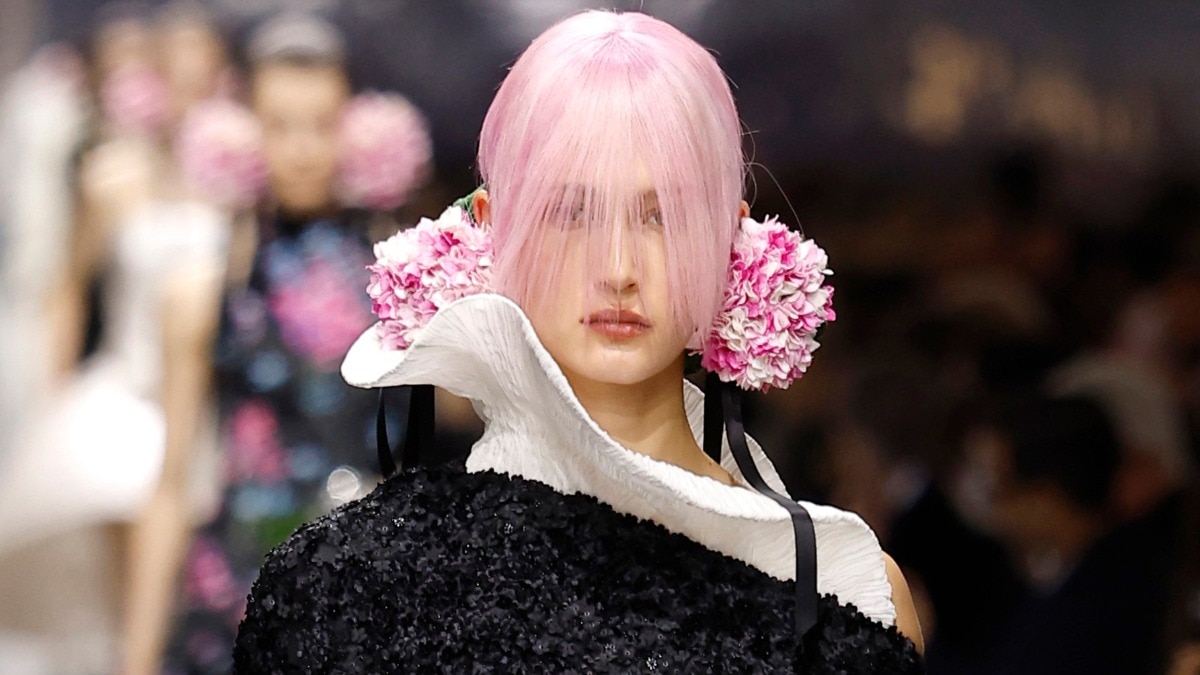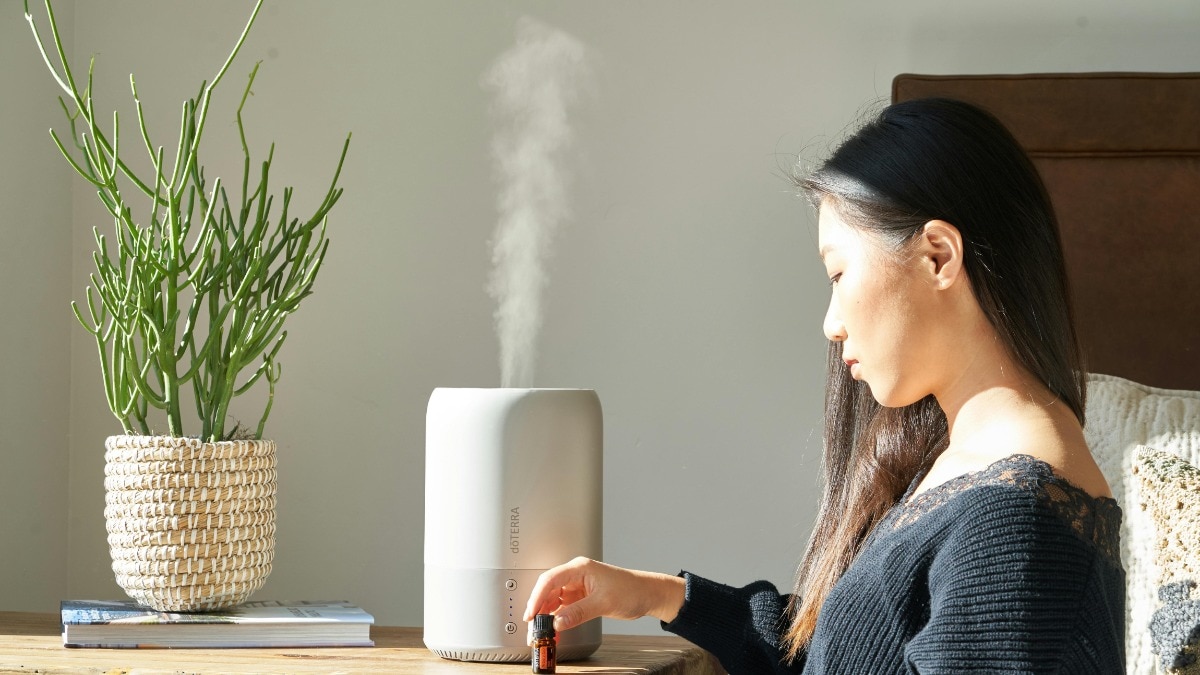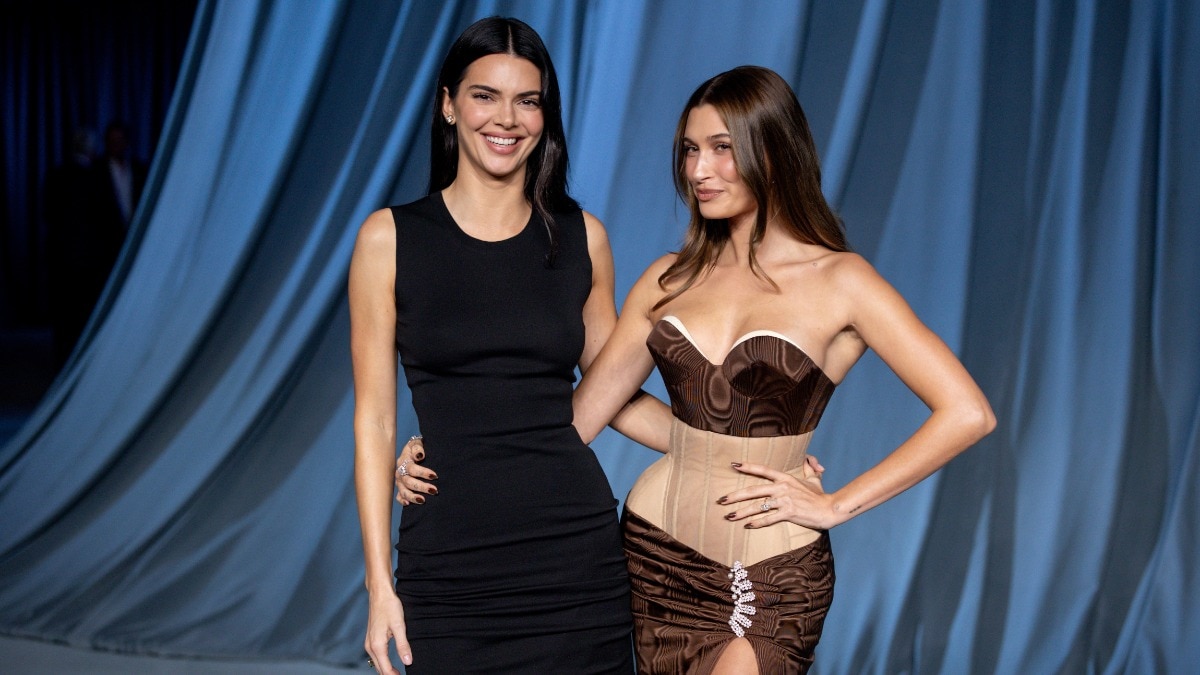
5 ways the state of your well-being can cause hair loss and how to treat it
Unpacking the relationship between hair loss, health, and mental well-being.


Previously, we touched on how physical and external factors could cause your hair to fall out. Having a healthy head of hair reflects more than just beauty; it’s intricately linked to our mental and physical well-being. Understanding this connection offers insightful perspectives into how we perceive and manage our overall health and lifestyle.
Nutrition and Diet

Our hair’s condition is a revealing indicator of nutritional health. Brittle, dry, or thinning hair often points to deficiencies in key nutrients like protein, essential fatty acids or iron. Moreover, hair loss can also stem from restrictive dieting, which often leads to inadequate nutrient intake. When the body is deprived of essential nutrients due to a limited diet, it prioritises vital organs over hair growth. This results in hair entering the resting phase prematurely, leading to shedding and thinning. This highlights the importance of a nutrient-rich diet and how our internal health can directly impact our physical appearance.
Underlying Health Issues
On a more serious note, sudden changes in hair, such as texture alteration, excessive shedding, or hair loss, can serve as early warning signs of underlying health issues. For instance, hypothyroidism or hyperthyroidism can lead to hair thinning, while polycystic ovary syndrome (PCOS), a hormonal imbalance disorder, often causes hair growth on the face and body, but thinning on the scalp. Even autoimmune diseases like lupus can manifest through hair loss. These signs make hair an invaluable diagnostic marker. Prompt recognition of these changes is crucial for early medical intervention and management.
Stresses and Tresses

The modern woman navigates a complex array of stressors, from professional demands to personal responsibilities and societal pressures. This multifaceted stress can have a pronounced physical manifestation, notably affecting hair health. It can trigger conditions like telogen effluvium, where significant stress pushes large numbers of hair follicles into a resting phase, followed by hair shedding. Additionally, stress can exacerbate conditions like androgenetic alopecia, or female-pattern hair loss. Meditation, exercise, adequate nutrition, and enough rest can help to manage mental well-being, which in turn mitigates the effects of stress on hair.
Hormones at Play

Hormonal shifts play a pivotal role in the health and life cycle of hair. Pregnancy, for instance, often leads to lusher hair due to elevated hormones, while the postpartum phase can cause significant shedding as hormone levels normalise. Menopause also marks a significant change; the decrease in oestrogen can thin out hair. Besides these natural life stages, hormonal contraceptives can also impact hair due to their alteration of the body’s hormone balance. Addressing these issues typically involves consulting healthcare professionals who may suggest hormone replacement therapy, changes in medication, or specific hair-care treatments.
Ageing
Ageing affects all parts of the body, hair included. The pace of hair growth diminishes, while individual strands turn finer and more delicate, contributing to a general thinning effect. Additionally, hair follicles gradually lose their pigment-producing ability, bringing about the onset of grey hair. Ageing also brings hormonal shifts, especially noticeable in post-menopausal women, where decreased oestrogen levels can lead to more pronounced hair thinning. Adopt a balanced diet with omega-3s, protein, and antioxidants to strengthen and protect hair. Choose gentle hair care, using hydrating products and minimising heat styling, coupled with regular trims. Incorporate nourishing oils, targeted treatments like minoxidil, and supplements for enhanced hair health, alongside professional therapies to stimulate growth.However much hair you have or lack thereof, perhaps the biggest gift you can give yourself is to go about with an unabashed attitude—“I am woman, hear me roar!”
This article first appeared in Harper's Bazaar Singapore in June, 2024.
Also read: Extra-long hair is more popular—and possible—than ever
Also read: Exploring the perfect bob cut to flatter every face shape










